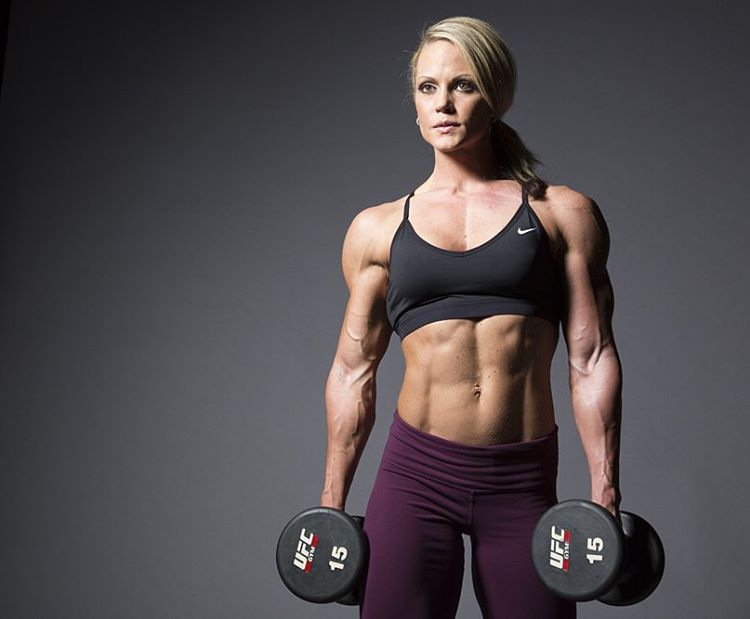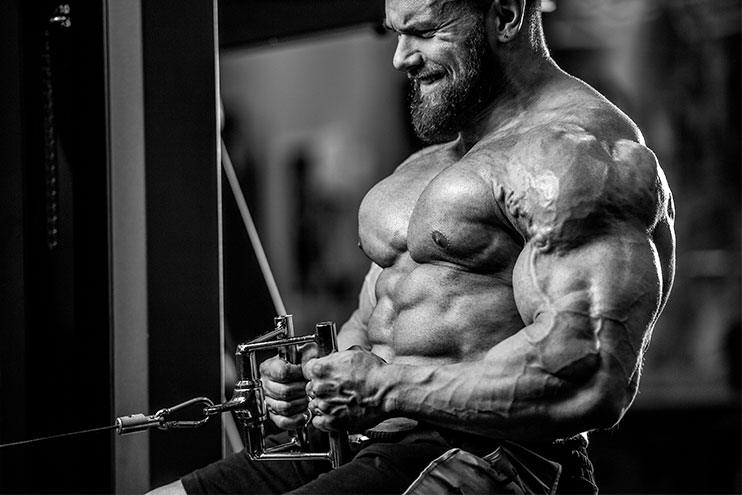Can Females Take Testosterone Supplements?
Recently much has been discussed about Testosterone therapy in women. It’s pretty interesting since most generally link this androgen hormone to men. However, you should know that every individual has testosterone.
Even women produce testosterone but much lower than their male counterparts. In women, testosterone is produced in the adrenal glands, ovaries, skin cells and fat cells, while it’s produced in the testes for males.
Whether females should take testosterone or not has been debated for some time. Know that there are no testosterone products approved by the FDA for women.
Regardless, some women use it for menstrual health, muscle mass, fertility, bone density, and sex drive. Although many medical professionals are against women for the use of testosterone products, it has become quite popular.
Should you decide to have testosterone supplements, it’s advisable to seek medical consultation first. Be wary while using these products such as testosterone-based patches, creams, or capsules as they are specifically created for men, not women.

What Are the Signs of Low Testosterone in Females?
Based on the lower level of testosterone, the signs may vary in females. Women with lower than 15 ng/dL of the hormone may show signs of:
- Fertility problems
- Osteoporosis
- Changes in breast tissues
- Irregular menstrual cycle
- Vaginal dryness
- Low sex drive
Women that have higher than 70 ng/dL of testosterone levels may show:
- Excessive hair growth, mostly on the face
- PCOS (Polycystic Ovary Syndrome)
- Obesity
- Acne
- Blood sugar problems
- Lack of menstruation
- Infertility
How Much Testosterone Should Woman Take to Build Muscle?
Men tend to build muscle faster than women due to high levels of testosterone. The female counterpart produces less and may need this hormone supplement or injection to attain a specific body mass.
However, it doesn’t mean only the testosterone products will help in building muscle. Whether men or women, it’s vital to have a balanced diet and appropriate physical training to build muscle or to attain a good physique.
Having that said, it’s not possible to say a specific testosterone intake amount for women to build muscle as multiple factors need to be considered. For instance, considering one’s body composition. A higher dose of testosterone is needed for females with lean muscles than the ones with fat.
If you’re wondering why, it’s because testosterone is more active in helping muscle growth in a lean person. Age is also another factor as the hormone level declines with age and older women may require more doses to see the outcome.
Additionally, understanding your fitness goal is crucial. Suppose you aim to build muscle, then a higher dose of testosterone is needed, while a lower dosage to maintain overall health.
Most importantly, it’s vital to consult a medical professional before you proceed, especially if you have any medical history.
Benefits Of Testosterone for Women
Despite debates over whether women can take testosterone supplements, it has turned beneficial to some female individuals. Naturally, one should have adequate testosterone levels to maintain the overall health of musculoskeletal and brain function.
It’s a vital hormone in women for sexual function, energy, bone density, cognitive function, muscle mass and sexual drive. Most may think testosterone is only exclusive for males but even females produce it but at lower levels.
The testosterone in both males and females protects the nervous system. It eliminates low mood, memory and severe cognitive issues. While it’s a commonly known fact that it’s the primary hormone for libido in men, the same can be said for women.
Most women with low testosterone complain about libido decreased. So, it’s not surprising that many females seek testosterone supplements to balance the hormone.
Furthermore, aging leads to the decline of many hormones, and women experience the most once they hit menopause. So, to maintain a hormonal balance, testosterone-based products help act as stabilizers.

What Are the Side Effects of a Female Taking Testosterone?
There is good as well as bad aspects of females taking testosterone. Due to limited research, many medical experts are against it. For instance, testosterone therapy isn’t recommended for those with uterine and breast cancer.
Testosterone-based products are also available in many forms such as gels, creams and ointments. The amount you take or apply of these types contributes to safety risks. Hence, it’s important to talk with health experts about the positive and negative effects.
Some of the side effects of testosterone are:
- Weight gain.
- Acne.
- Hair growth on the body and face.
- Loss of hair on the head.
- Voice deepening.
- Mood changes.
These are some of the potential side effects that you may notice while using testosterone. We advise you to consult a doctor if you see any severe or unusual symptoms. You should also monitor every three or six months to see that treatment is going the right path.
It’s also important for women to take appropriate dosages of testosterone. Too much of it may lead individuals to experience these symptoms:
- Hair growth on the lower abdomen, chest, upper lip, nipples, and face.
- Experience acne/oily skin.
- Thinning of scalp hair.
- Irregular clitoris size.
- Shrinking breast size.
- Irregular menstrual cycles.
- Hostility, aggression or anger.
Women That Should Avoid Taking Testosterone
Generally, the intake of testosterone supplements is not recommended for women. Some researchers have linked it to an increased risk of breast cancer, blood clotting and heart disease. However, further research is required to support the connection to these conditions.
Testosterone should be avoided by female individuals who menstruate and are likely to get pregnant. Using this supplement while pregnant allows a female fetus to establish male traits.
It should be noted that cause of low sex drive or other related problems generally have more than one cause. Some of the factors like long-term health conditions, mood concerns, side effects of medicines, and stress play a huge role.
One can switch to natural treatment like a change in lifestyle, good physical activity and a healthy diet may help overcome these issues without resorting to testosterone.
It’s up to the individual to choose the kind of treatment. However, in this case, women should consult first with a health expert before proceeding with testosterone intake. More so if you have a medical history.



